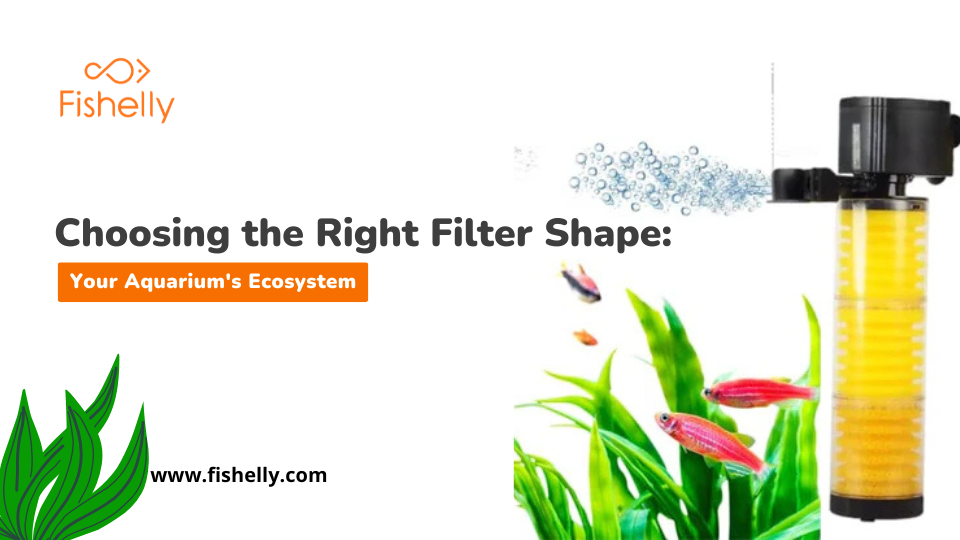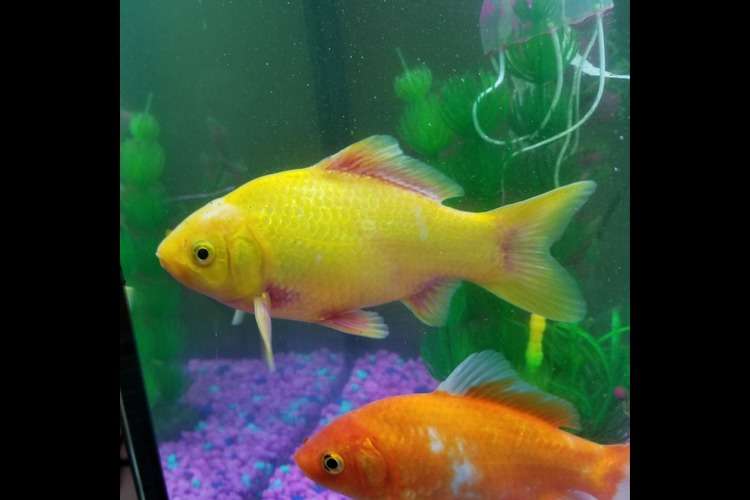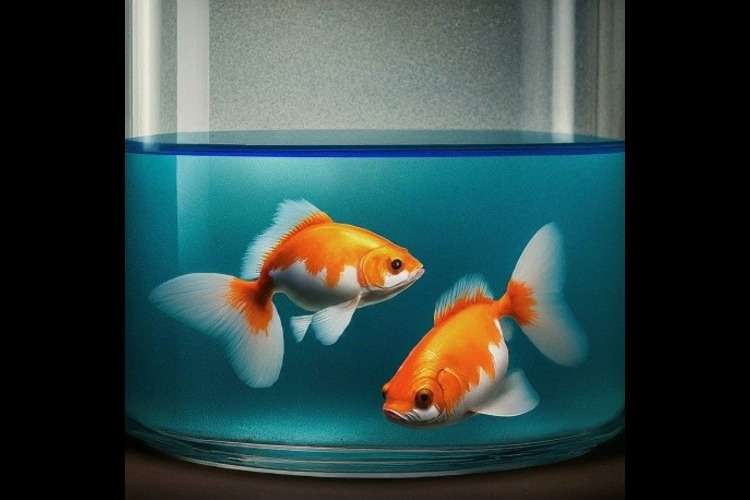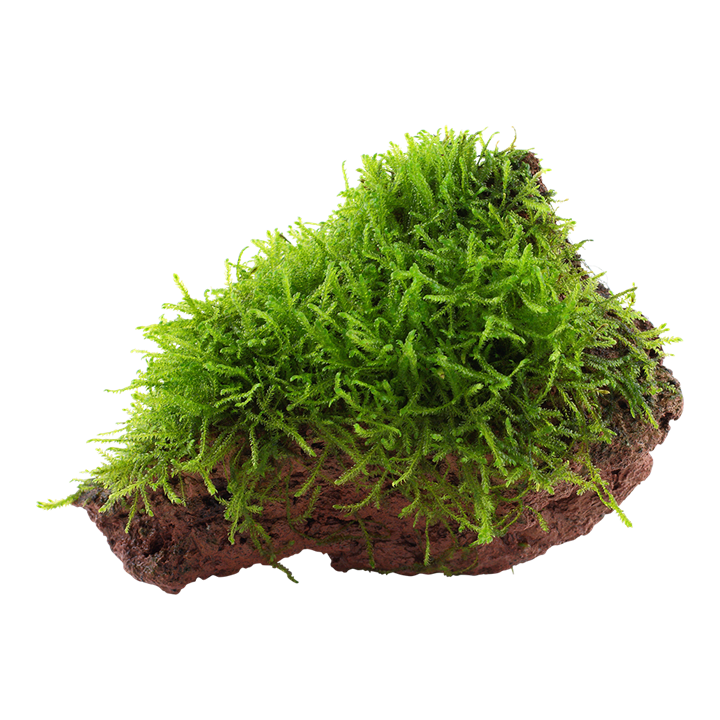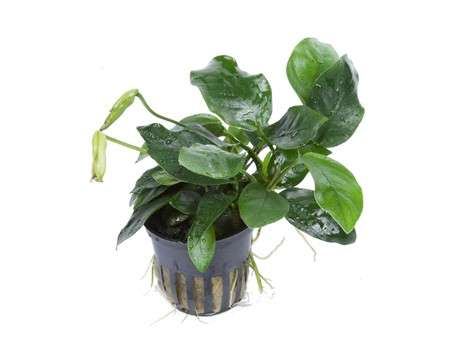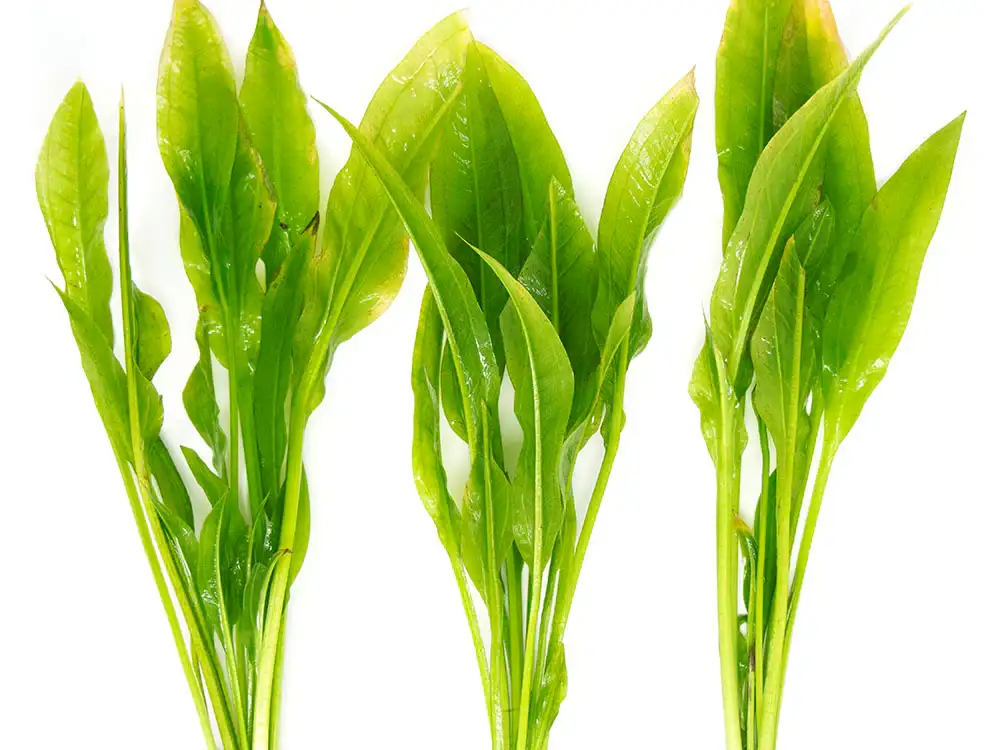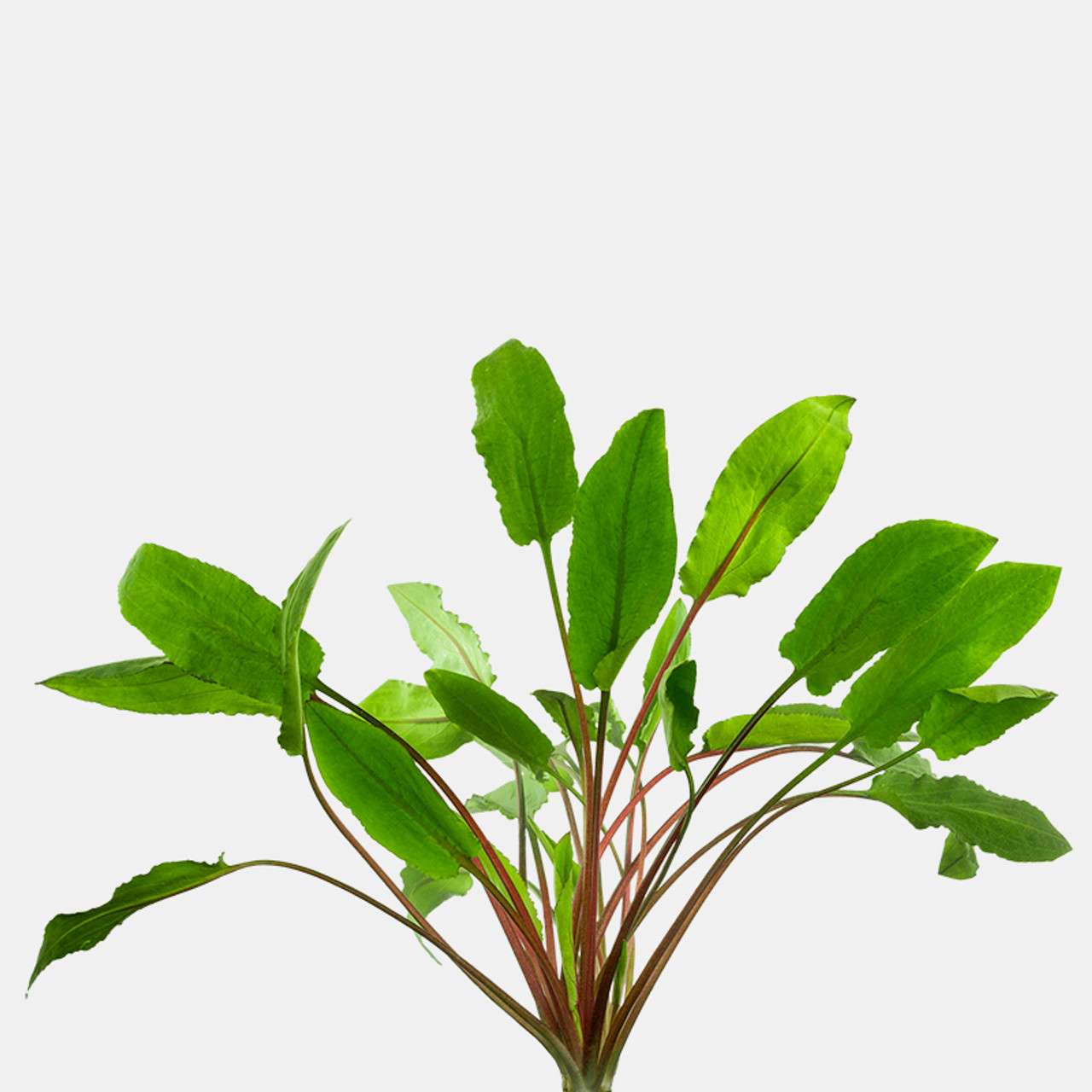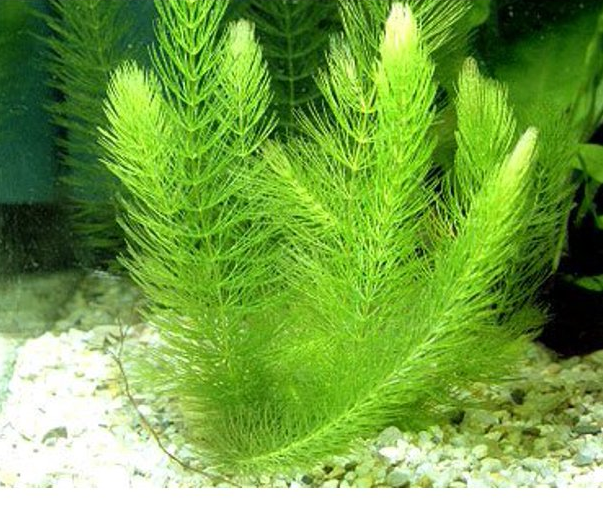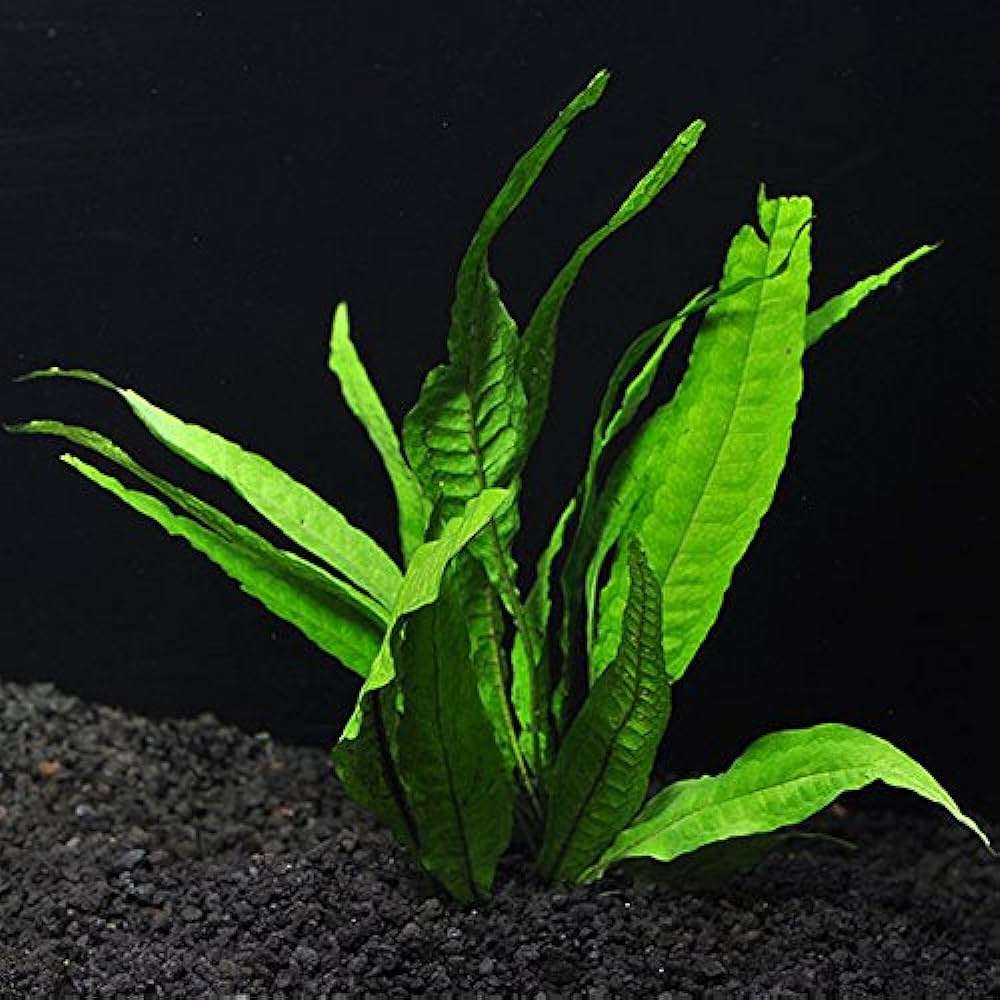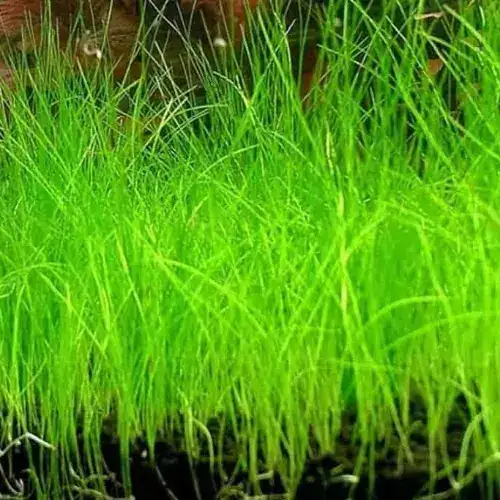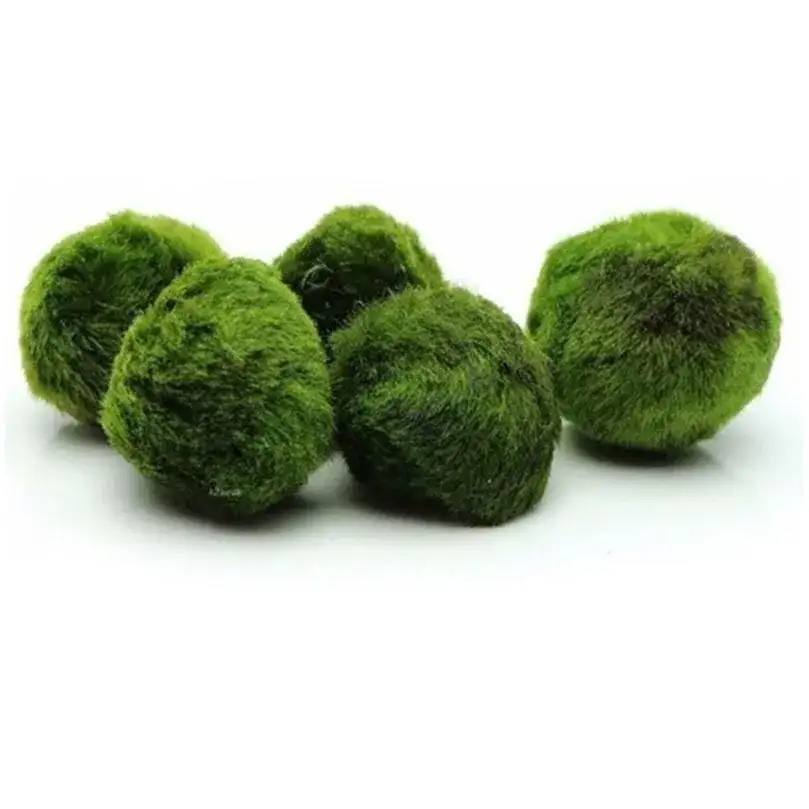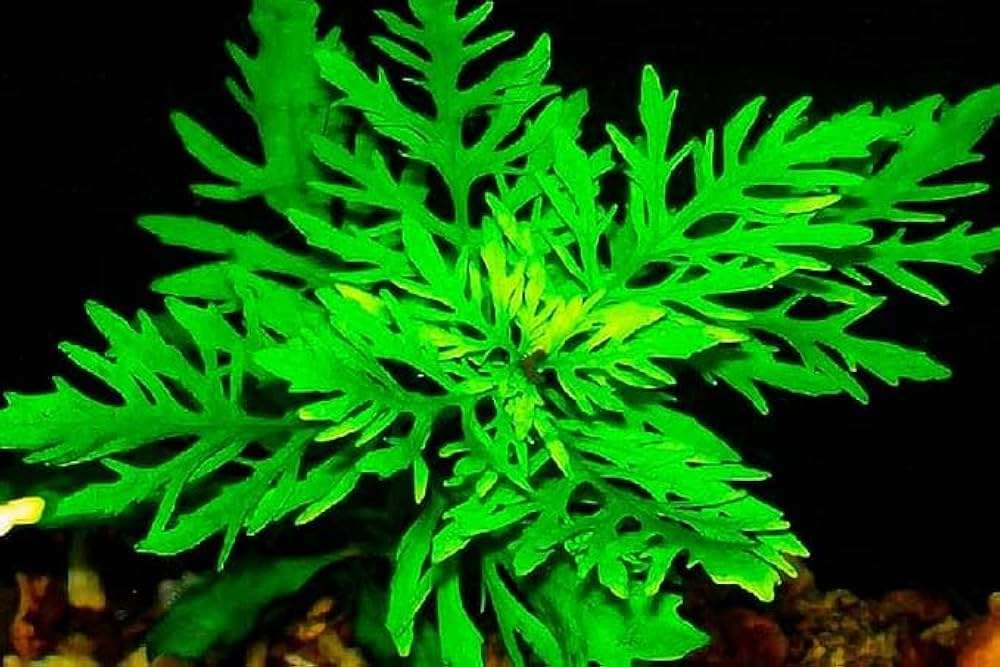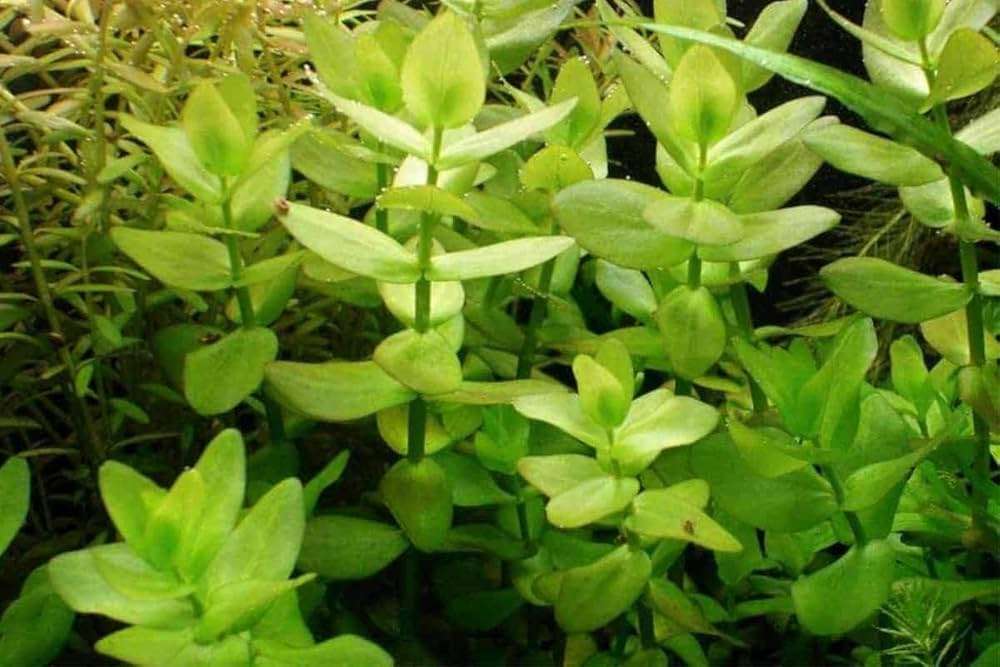How the Right Filter Shapes Your Aquarium's Ecosystem
Learn how choosing the right aquarium filter is crucial for your tank's ecosystem. Get tips on selecting the best filter based on size, species, and plants.
Table of Contents
- A Tidal Wave of Filtration mends the Stolen Health of Your Tank
- Flow Rate: A Delicate Balance
- How to Determine the Right Filter at Each Stage in Your Tank
- The Right Filter for Aquatic Planting
- Which Filter Type Suits Your System?
- The Long-Term Benefits of a Well-Chosen Filter
- Faq
- Conclusion
An aquarium is not a mere ornament in your house; it is a living system. Each part, from fish to plants, needs to coexist under various balances at different levels. The balance of the filter is one of the most crucial components of aquascapes. The right filter does more than clean the aquarium. It maintains health, clarity, and balance within the entire ecosystem. Let's dig deeper into how the right filter can shape and mold your aquarium and keep it running.
A Tidal Wave of Filtration mends the Stolen Health of Your Tank
Think of the filter as the unsung hero tirelessly working behind the scenes to maintain a delicate balance in your tank. It cleans the water and neutralizes toxins while contributing a lot towards nutrient cycling. Without it, unwanted toxins would scale through before the toxic waters could destroy the fishes.
There is more to filtration than just keeping the water clear. The aquarium filter and associated media support the nitrogen cycle. Biological filtration - providing substrate for bacteria to thrive - is the heart of beneficial filtration. Bacteria live within the filtration media to consume ammonia produced by fish waste and uneaten food." Transforming ammonia into something less dangerous is "necessary to create conditions for occupative stability in aquatic ecosystems."
Flow Rate: A Delicate Balance
Each aquarium has a different flow rate requirement, and this is where the right filter comes into play. Too much flow may prove agonizing to fish that are sensitive, while too little may leave toxic elements in the water. An aquarium filter with the right flow to maintain the healthy condition of the aquatic ecosystem is very important.
Calm waters make bettas, seahorses, or shrimp feel safe. Typical filters with some degree of filtration or sponge filters can introduce much gentler mechanical filtration. Strong flow is beneficial for species like goldfish or cichlids, which oxygenate the water, thus filtering out the wastes produced in the process.
Not only will a good filter circulate water, but will also provide enough current so that all life—fish and plants alike—can coexist without adverse effects.
How to Determine the Right Filter at Each Stage in Your Tank
Aquarium filtration requirements change with time, especially in newly established tanks. You may think you will get away with using an ordinary filter when you set your new tank, but as it grows, the bio-load may increase. More and more fish and plants, and perhaps even some invertebrates, will demand filtration.
While the filter in a newly set-up aquarium may be light, as the ecosystem matures, it will demand replacement with larger filters such as canister or hang-on-back filters able to handle heavier loads while improving biological filtration all at once.
At the same time, while cycling the tank (when colonies of beneficial bacteria set themselves up), such filters will stay as a safe place for these bacteria. This selection encourages biological filtration that helps to expedite the entire cycling of the tank in stabilizing it much quickly.
The Right Filter for Aquatic Planting
Ceaselessly, the right type of filter can do much more than that; it can dictate the well-being of plants and, most importantly, the clarity of water in planted tanks. While po4 and no3 represent nutrients extremely helpful in plant selection-developing processes, any build-up not checked leads to nasty, unsightly blooms of algae. A chemical filtration-supportive filter will help to eliminate the excess nutrients, keeping your plants satisfied.
However, filters that are too strong may uproot baby plants or stir up debris that settle on the substrate. Adjustable-flow-rate filters provide a solution to this very problem, with benefits like efficiently filtering without disturbing the delicate balance of the plants environment.
Which Filter Type Suits Your System?
There is no one-size-fits-all filter type for aquariums. We deal with lots of different filter types, each of them spending on its own merit or as it aligns with your specific aquarium's condition. You must have correctly understood, then, what type of filter suits your aquarium.
Hang-on-back (HOB) Filters: Suitable for smaller to medium tanks and simple to set up, they provide all-around filtration with mechanical, biological, and chemical capabilities making them versatile for all but the largest tanks or those very high in terms of bio-load.
Canister Filters: Ideal for large tanks or heavily stocked aquariums, the canister filter system possesses strength with durable quality filtra. They allow the user to customize filtration media, thus enabling fine-tuning of the filter for specific applications: heavy biological filtration for a densely stocked tank and/or for an added chemical filter for a planted aquarium.
Sponge Filters: Usually for smaller tanks or aquariums with delicate fishes or fry, sponge filters offer gentle filtration that does not disturb the environment. Good biological filtration, thereby important in aquariums with sensitive aquatic life, is also provided.
Internal Filters: Most of these are small, often used in smaller or quarantine tanks, and these are usually less expensive than many other filters, though filtration might be inefficient depending on the tank size.
The Long-Term Benefits of a Well-Chosen Filter
In the long run, when the right filter is chosen for your aquarium, it's more than just a decision made one day. This setup will create a viable, healthy aquarium environment for your fish, plants, and other aquatic animals. With passing time and as your aquarium matures, the importance of the filter in stabilizing water parameters and supporting biological processes is accentuated.
In addition, filters also provide stable support for the long lifespan of your aquarium. Healthy water equals healthy fish, reduced algae blooms, and more vibrantly growing plants. Eventually, all that helps your system attain a balance that limits the frequency of water changes and interventions.
FAQ
1.Why is the aquarium filter important?
It cleans the water, neutralizes toxins, and supports biological filtration for a healthy tank environment.
2.What happens if I use the wrong filter?
It can cause poor water quality, stress fish, and create imbalances like algae blooms.
3.How do I choose the right filter flow rate?
Match the flow to your fish species—calm waters for sensitive fish, stronger flow for species like goldfish.
4.Do filtration needs change over time?
Yes, as your tank grows, you'll need a more powerful filter to handle increased waste and improve biological filtration.
5.Can the filter affect my plants?
Yes, the right filter removes excess nutrients and prevents algae blooms, which helps plants thrive.
6.What filter type is best for my aquarium?
• HOB Filters for smaller tanks • Canister Filters for large tanks • Sponge Filters for delicate species • Internal Filters for small or quarantine tanks
7.How can I tell if my filter is working well?
Clear water, healthy fish, and vibrant plants indicate good filtration.
8.Can the wrong filter affect the nitrogen cycle?
Yes, it can disrupt ammonia breakdown, affecting water quality and fish health.
9.How often should I clean my filter?
Clean every 4-6 weeks, but avoid over-cleaning to preserve beneficial bacteria.
10. What are the long-term benefits of a good filter?
It stabilizes water quality, reduces algae, and ensures a healthy, balanced ecosystem.
Conclusion
The right filter is actually so much more than just a cleaning device. It forms an integral part of building and maintaining a flourishing aquarium ecosystem. From encouraging biological filtration to giving adequate flows for different species, the choice of the filter that you make affects everything that goes on in the aquarium. By understanding the needs of your fish, plants, and particular tank setup, you can choose a filter that not only keeps the water clean but also creates a balanced, healthy, and thriving aquatic environment.
